The SySTEM 2020 project tackles scientific literacy and STEM education of children and teenagers. It will support our future citizens in a world of fast-evolving science and technology. SySTEM 2020 focuses on science learning outside the classroom and mapping the field across Europe. We evaluate a number of transdisciplinary programmes to design best principles for educators as well as examine individual learning ecologies by piloting self-evaluation tools. This study will also map practices in 19 EU countries, including in-depth studies in 8 of these countries. The input of 9—20 year old learners from various backgrounds including those from geographically remote, socio-economically disadvantaged, minority and/or migrant communities will be a core part of the project.
system2020.education/get-involved
SySTEM 2020 is a project funded by Horizon 2020, an EU research and innovation programme.
Within three years, several workshops will take place at the Ars Electronica Center to explore the learning of 9-20 year olds outside schools and universities. As soon as there is a new date, we will announce it here.
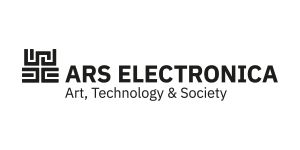 Ars Electronica
Ars Electronica has the great pleasure to be part of the SySTEM 2020 core team and will work with ten other organisations europe wide. Eleven additional third party partners will support us with implementing the research and exploring new informal learning formats. This comprehensive project and network will be coordinated by the leading organisation Science Gallery in Dublin.
ars.electronica.art Science Gallery Dublin / Trinity College Dublin (Ireland)
Science Gallery Dublin / Trinity College Dublin (Ireland): In 2008, a forgotten corner of Trinity College Dublin was transformed into a living experiment called Science Gallery Dublin. Through a cutting-edge programme that ignites creativity and discovery where science and art collide, Science Gallery Dublin encourages young people to learn through their interests. Since its opening, more than three million visitors to the nonprofit gallery have experienced 43 unique exhibitions, ranging from design and violence to light and love, and from contagion and biomimicry to the futures of the human species and play. Science Gallery Dublin develops an ever-changing programme of exhibitions and events fuelled by the expertise of scientists, researchers, students, artists, designers, inventors, creative thinkers and entrepreneurs. The focus is on providing programmes and experiences that allow visitors to participate and facilitate social connections, always providing an element of surprise.
dublin.sciencegallery.com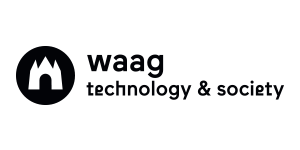 Waag Society (Netherlands)
Waag Society (Netherlands):Waag operates at the intersection of science, technology and the arts. Our work focuses on emergent technologies as instruments of social change, and is guided by the values of fairness, openness and inclusivity. Waag’s dedicated team of sixty thinkers and makers empowers people to become active citizens through technology. ‘Making technology & society more open, fair and inclusive.’ Waag is a middle-ground organisation composed of research groups that work with both grassroots initiatives and institutional partners across Europe. The collective has a shared attitude of public concern and civic activism, which is manifested in our public research agenda. Working with emergent technologies, Waag conducts research in both imaginative and practical terms, addressing its fellow citizens from a position of equality and collaboration.
waag.org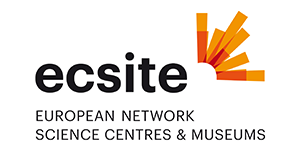 Ecsite / European Network of Science Centres and Museums (Belgium)
Ecsite / European Network of Science Centres and Museums (Belgium): Ecsite, the European network of science centres and museums, was created in 1990. Ecsite’s mission is to inspire and empower science centres, museums and all organisations that engage people with science, and to promote their actions.Active in the field of science communication, our 350+ members are science centres, museums, research bodies, festivals, universities, planetariums, foundations and learned societies, companies, local authorities…Ecsite members’ convening power draws more than 40 million citizens each year to science-related debates, exhibitions, workshops, events or platforms.As a network, Ecsite catalyses its members’ collective strengths into a powerful voice, at the forefront of public engagement with science..
www.ecsite.eu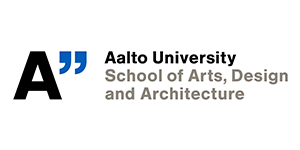 Aalto University (Finland)
Aalto University (Finland): Aalto University is a multidisciplinary community of bold thinkers, where science and art meet technology and business. We are committed to identifying and solving grand societal challenges and building an innovative future.
www.aalto.fi Centre for Social Innovation (Austria)
Centre for Social Innovation (Austria): ZSI is a private non-profit institute for applied social sciences based in Vienna (Austria).ZSI implements research and application projects on the social embedding and impact of all types of innovations and contributes to the design and diffusion of socially accepted and sustainable innovations to meet global challenges.
www.zsi.at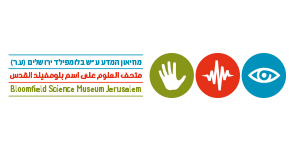 Bloomfield Science Museum (Israel)
Bloomfield Science Museum (Israel): ‘Making Science for All’ – The Bloomfield Science Museum in Jerusalem is an informal cultural and educational institution that presents exhibitions consisting of interactive exhibits on subjects of science and technology, and integrates these exhibits into a context through a wide range of educational activities.The goals of the museum are to increase interest among the general public in science and technology in the world around us, to promote excellency in sciences among youth, and to present science and technology as an integral part of human culture.
www.mada.org.il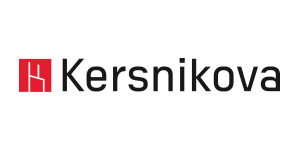 Kersnikova Institute (Slovenia)
Kersnikova Institute (Slovenia): Kersnikova Institute for culture, arts and education was founded by the Student Organisation of the University of Ljubljana and serves as an institutional frame for three progressive venues: Kapelica Gallery, a world renown platform for contemporary investigative arts, the hacker space Rampa, where relations between society, science, technology and art are being reconsidered, and the inspirational laboratory BioTehna, which focuses on the artistic research of living systems. Over twenty years of daily activities have resulted in hundreds of unforgettable moments and experiences, which have given the contemporaneity form and meaning. Kersnikova Institute is due to its strong programme focus marked on the maps of the most interesting international centres dealing with contemporary investigative arts, science and cutting edge technologies.
kersnikova.org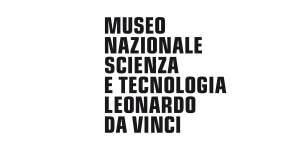 Museo Nazionale Scienza e Tecnologia Leonardo da Vinci (Italy)
Museo Nazionale Scienza e Tecnologia Leonardo da Vinci (Italy): We are the largest museum of science and technology in Italy, one of the most important ones in Europe and in the world. We keep up-to-date and experiment new languages to communicate new stories and to engage new publics. We valorize the largest collection of machines models in the world, realized basing on Leonardo da Vinci’s drawings. We work to be Europe’s leaders in Informal Education.
www.museoscienza.org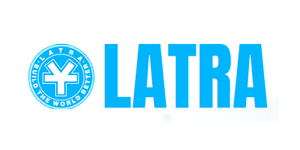 LATRA (Greece)
LATRA (Greece): LATRA is a socially-innovative creative agency bringing the Creative Industries on the front-lines of global humanitarian, environmental and societal challenges. Responding to the world’s currently largest humanitarian crisis, LATRA founded a humanitarian innovation lab, in a refugee camp in Lesvos-Greece, with the mission to BUILD THE WORLD BETTER by accelerating the UN Sustainable Development Goals, through applied field design practice. LATRA specializes in 3 key areas: *)Research and Innovation *)Open Source Design *)Cultural Diplomacy & Creative Policy.
www.latra.gr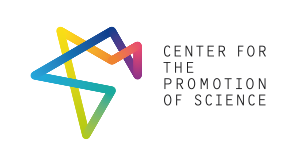 Centre for Promotion of Science (Serbien)
Centre for Promotion of Science (Serbien): The CPN is a government institution competent for the promotion and the popularization of science. However, the Centre is more than just an ordinary public institution. The CPN is part of the overall strategic plan for the development of Serbia as a knowledge based economy, constant innovation and networking being its essential resources. The idea to create the Centre emerged from the need to bring science closer to the population, as a necessary condition to increase the general scientific literacy and thus assure the future technological progress in Serbia. After years of crisis, science remained isolated from the society and a larger public in general, so the State took the necessary initiative to bridge this gap.
www.cpn.rs

This project has received funding from the European Union’s Horizon 2020 research and innovation programme under grant agreement No. 788317
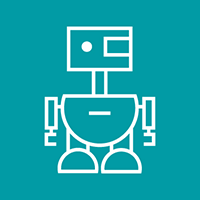
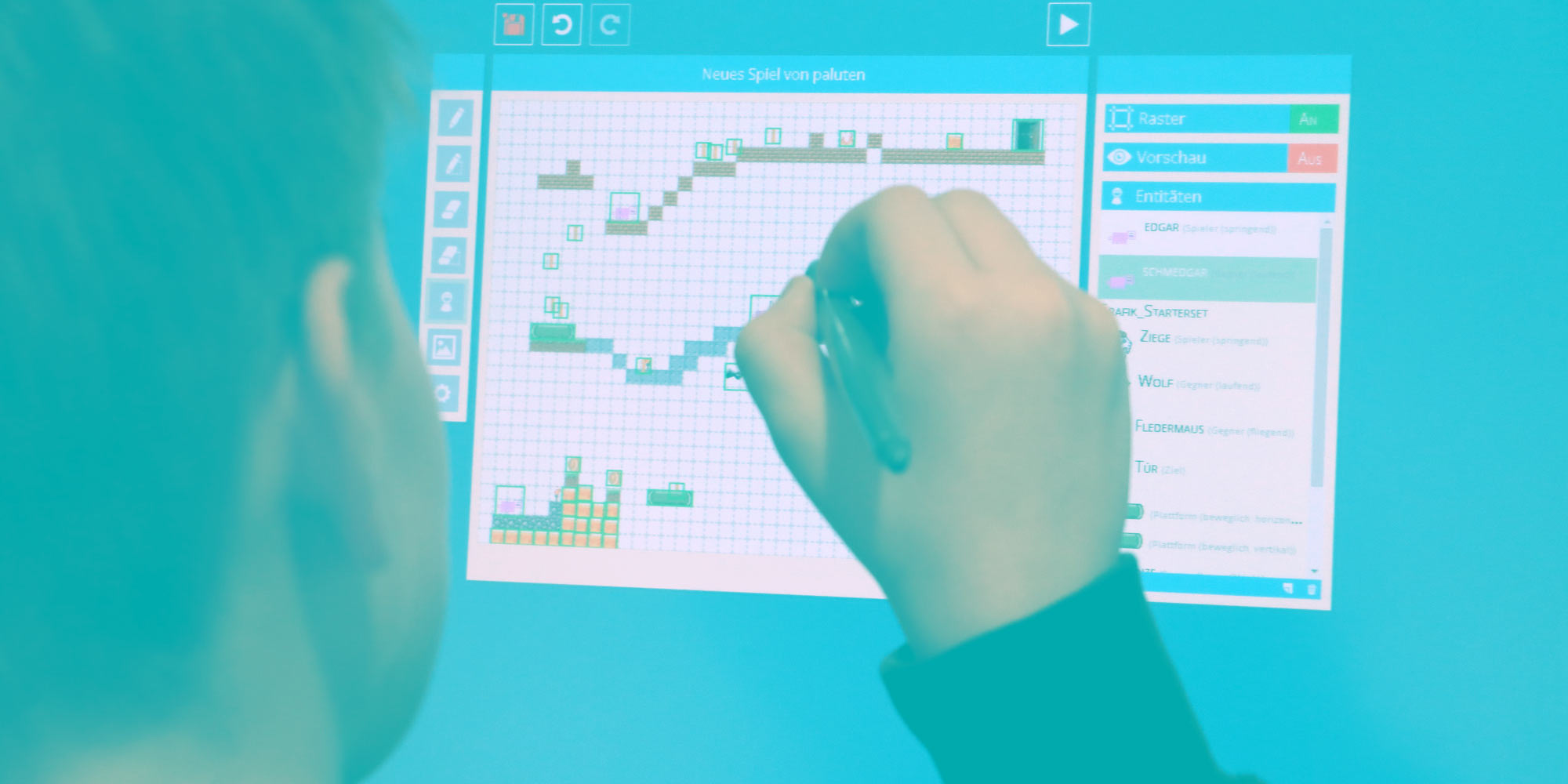

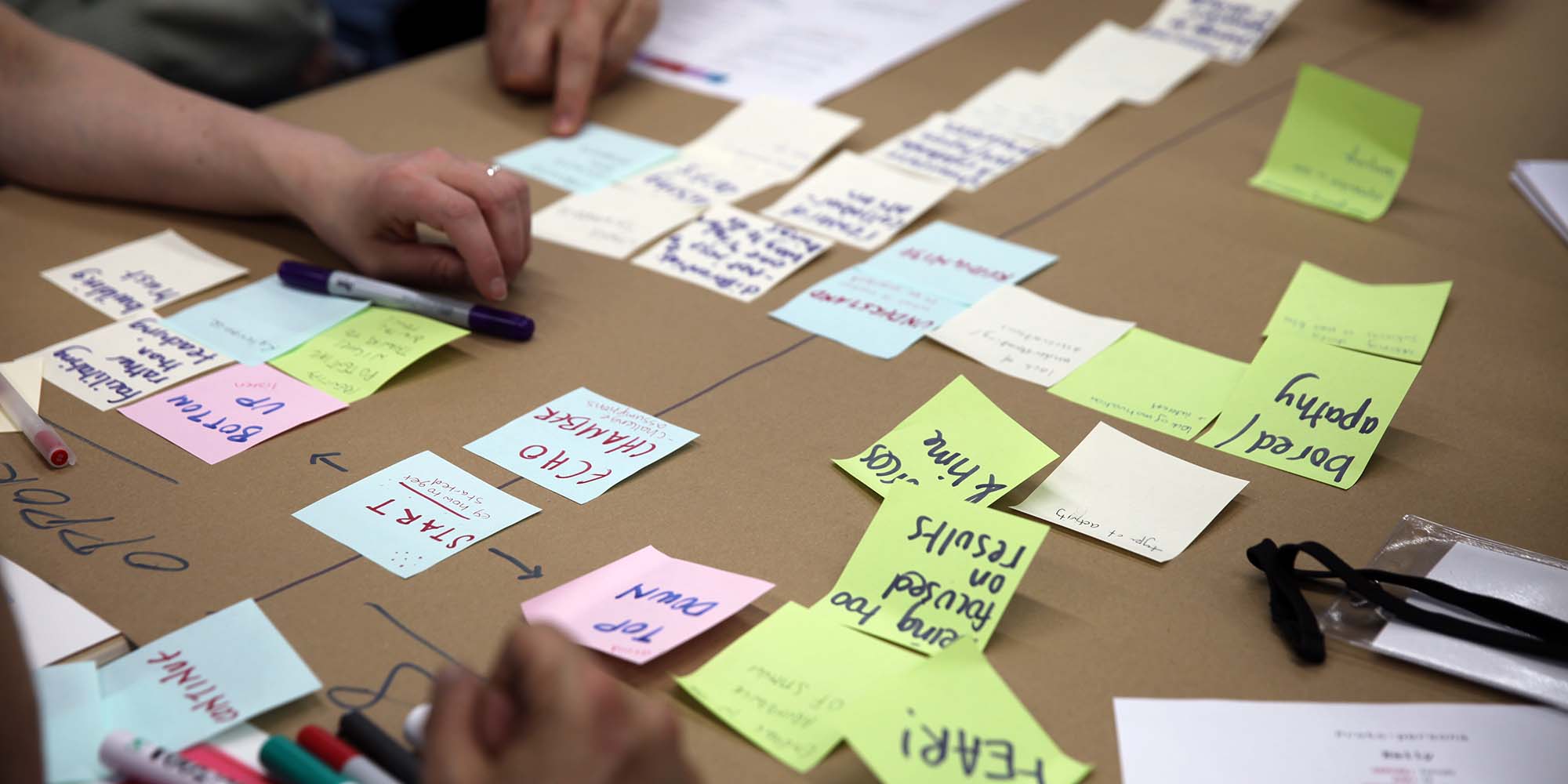
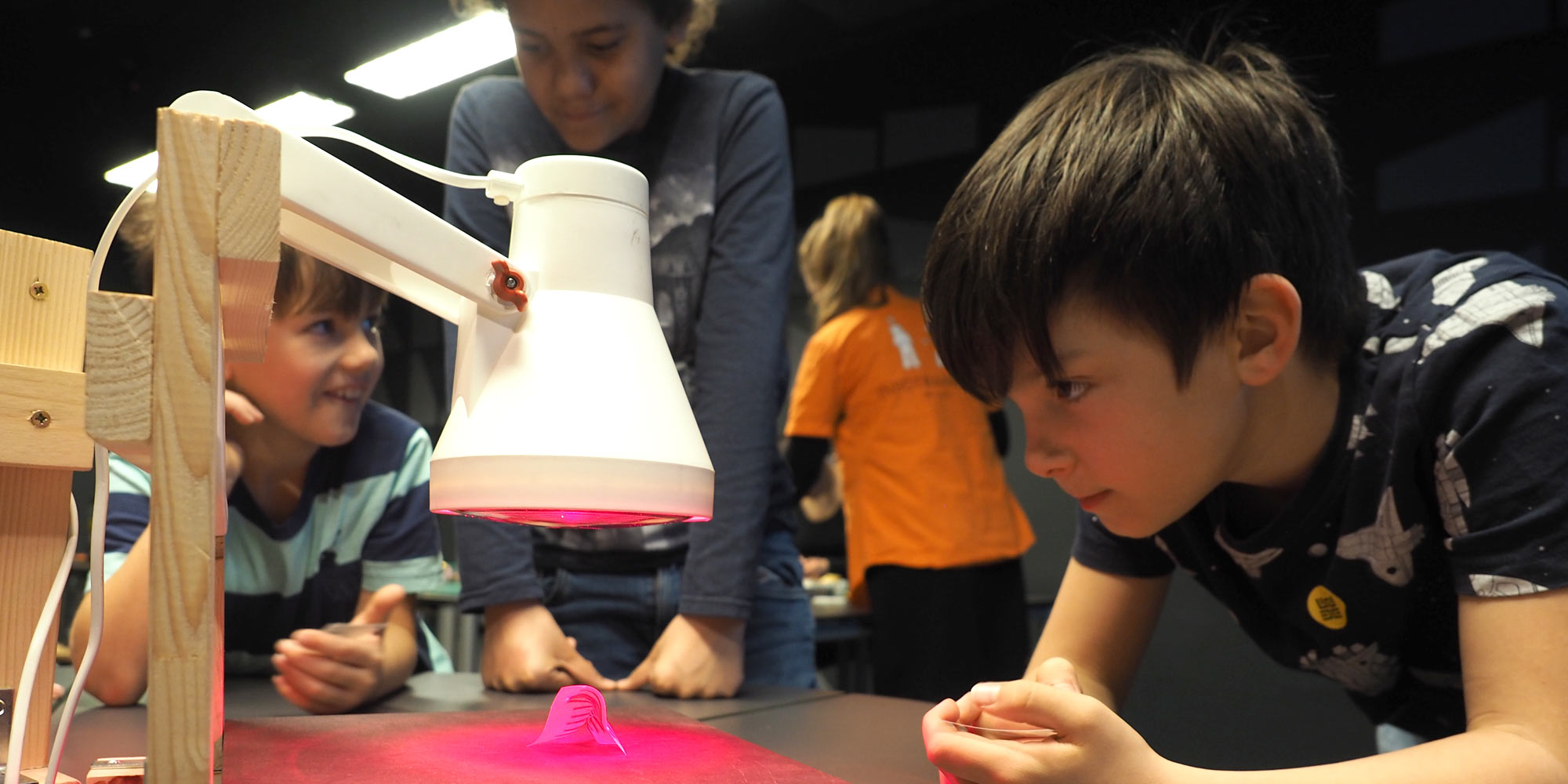
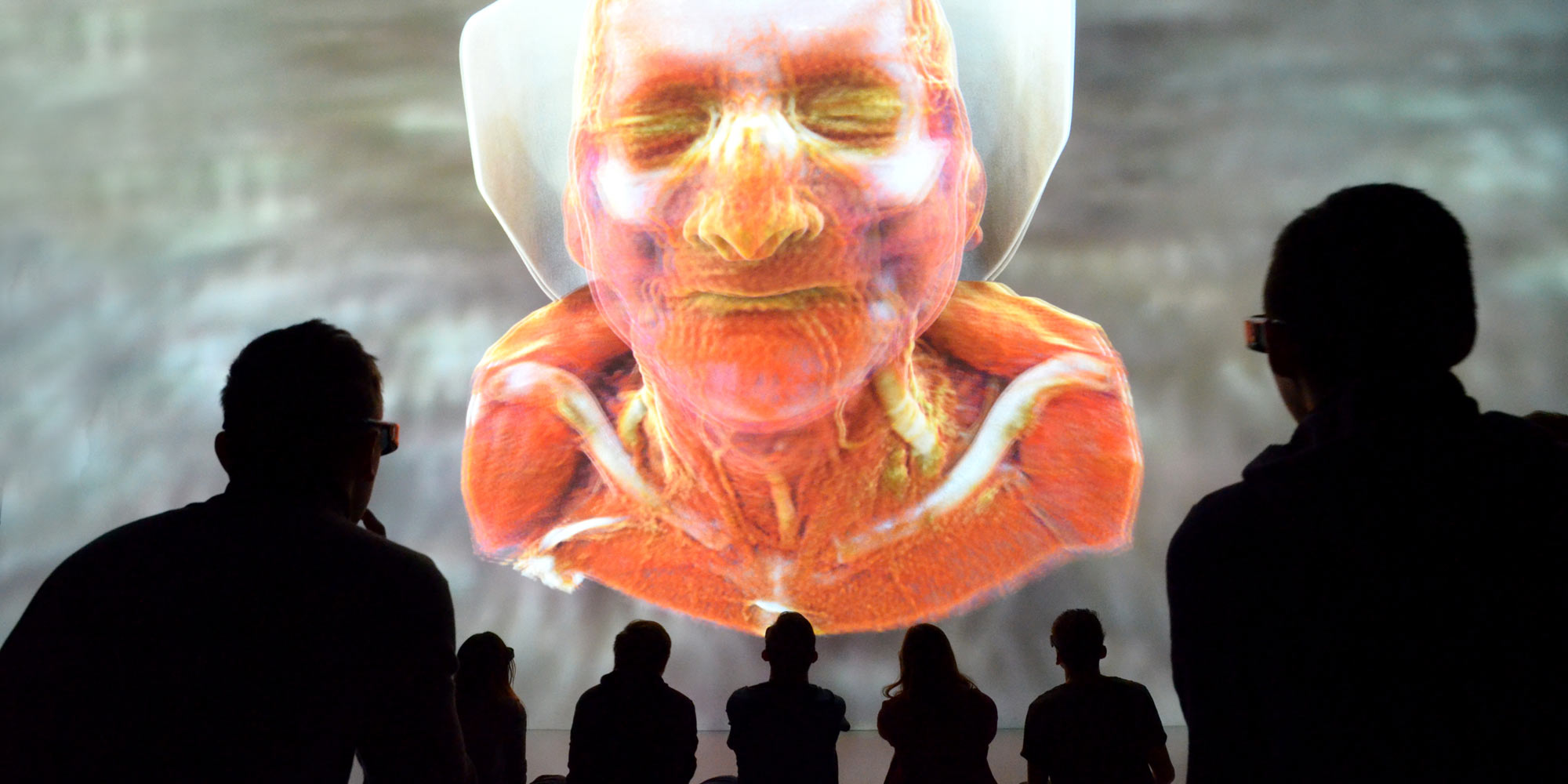
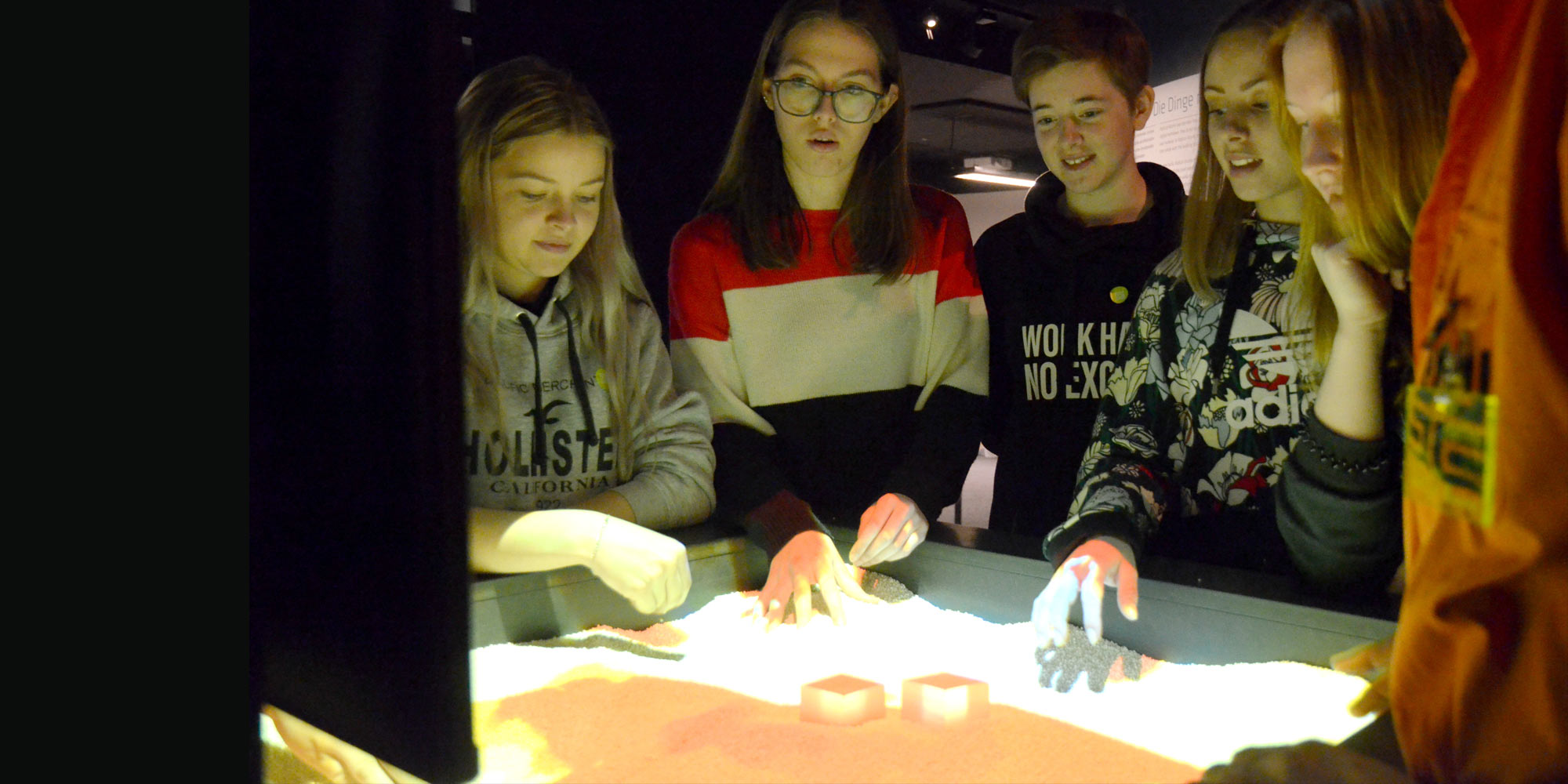











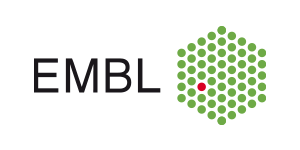
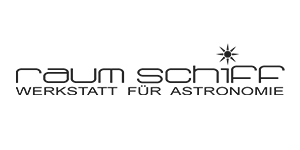

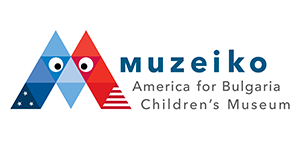
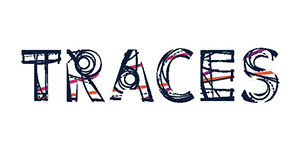
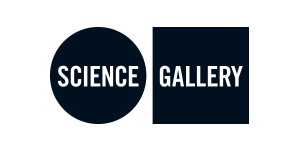
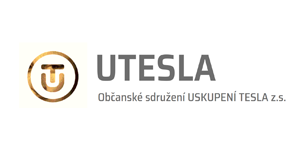
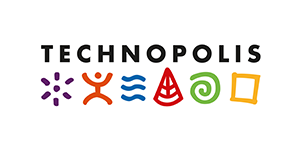
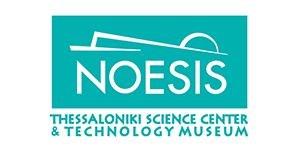

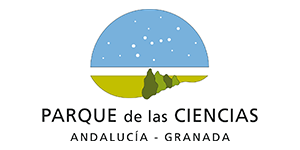
 This project has received funding from the European Union’s Horizon 2020 research and innovation programme under grant agreement No. 788317
This project has received funding from the European Union’s Horizon 2020 research and innovation programme under grant agreement No. 788317